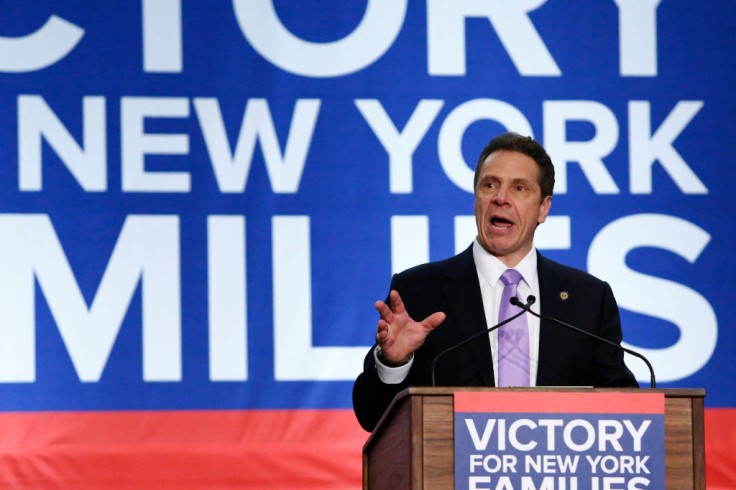
As the new year unfolds, minimum wage workers across the United States are set to experience a positive change, with pay hikes taking effect in 22 states and over 40 cities and counties.
From scheduled increases to inflation adjustments, many will receive a higher hourly wage, bringing financial relief to those at the lower end of the income spectrum.
2024 Ushers in $15 Minimum Wage Era
Come January 1, 2024, a notable development unfolds as seven states, including new entrants Maryland, New Jersey, and several regions in New York, witness their minimum wage surge to $15 or beyond. This marks a significant increase from the previous year, where only four states, along with the District of Columbia, boasted a $15 minimum.
Among the states embracing this wage milestone, Maryland, New Jersey, and most of New York State (excluding New York City, Westchester, and Long Island) are making the transition to $15. Notably, New York City is moving to a $16 minimum.
The state with the highest minimum wage in 2024 will be Washington, reaching an impressive $16.28, a noticeable climb from its current $15.74. California closely follows suit, elevating its minimum to $16 from $15.50, solidifying the trend of states embracing the $15 an hour benchmark.
Varied Hike Dates and City-Specific Changes
While January 1 is a key milestone for many, some states have different timelines for wage hikes. States like Nevada and Oregon, for example, have increases set for July 1, while Florida's minimum wage is slated to rise on September 30.
It's worth noting that state minimum wage rates are sometimes overshadowed by those in their own cities and counties. For instance, Tukwila, Washington, situated just south of Seattle, is witnessing its minimum wage soar to an impressive $20.29 in January, up from $18.99.
This positions Tukwila with the highest standard minimum wage rate in the country among states, counties, and cities on January 1.
Seattle is not far behind, with a minimum wage of $19.97. In total, at least 40 cities and counties are poised to increase their minimum wages in the coming year, including Flagstaff, Arizona (to $17.40); Mountain View, California (to $18.85); Denver, Colorado (to $18.29); and Portland, Maine (to $15).
Sector-Specific Hikes and Advocacy for Federal Change
Certain states are ushering in sector-specific wage increases. In California, starting in April, fast food workers are required to be paid at least $20 an hour.
On June 1, healthcare workers in the state will see hourly rates ranging from $18 to $23, depending on their role, employer size, and type - eventually reaching $25. However, at the federal level, the minimum wage has remained stagnant at $7.25 since 2009.
Notably, 20 states, including Pennsylvania, New Hampshire, Alabama, and Mississippi, adhere to this federal minimum. The persistent push for an increase is driven by the decline in purchasing power for minimum-wage workers, who, if adjusted for inflation since 2009, would be earning $10.33 today.
Advocates like Holly Sklar, CEO of Business for a Fair Minimum Wage, argue for a higher benchmark, referencing the $1.60 minimum wage in 1968, which, adjusted for inflation, equals $14.39 today.
Sklar emphasizes the economic case for minimum wage increases at the state and local levels, citing benefits for both workers and employers. For workers, increased wages alleviate financial burdens, allowing for improved living standards. For businesses, heightened consumer spending is anticipated, as additional earnings prompt quick expenditures.
Additionally, higher wages contribute to increased employee retention, reducing turnover and associated hiring and training costs.
As the clock ticks towards 2024, the landscape of the minimum wage in the United States is undergoing significant transformations, with many states and local jurisdictions taking proactive measures to address the needs of their workforce.